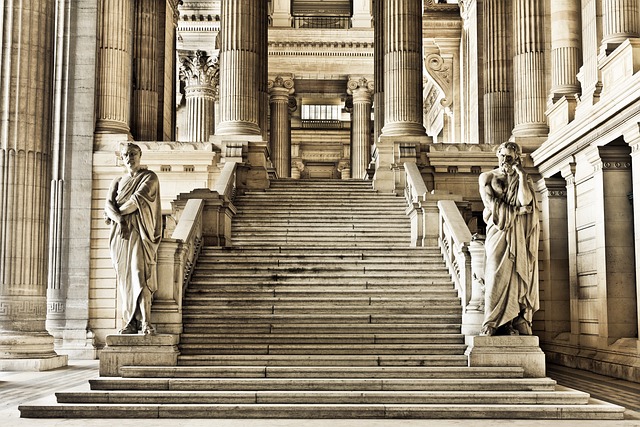Seeking Divine Justice: Exploring the Role of Religion in Moral Dilemmas
Throughout history, the quest for justice has been a fundamental aspect of human existence. As we navigate the complexities of life, moral dilemmas often arise, prompting us to seek guidance from various sources. Among these sources, religion plays a pivotal role in shaping our understanding of justice and morality. Many individuals find that their faith offers a framework for addressing the ethical challenges they face.
Imagine a scenario where you witness an injustice—a friend is treated unfairly, or a loved one suffers due to the greed of another. In these moments, the innate desire for justice stirs within us. Religion often steps in as a guiding voice, providing teachings that encourage compassion, forgiveness, and the pursuit of fairness. Religious texts across various cultures frequently emphasize the importance of standing up for the oppressed and advocating for the marginalized.
In Christianity, for example, the message of loving one’s neighbor as oneself serves as a powerful reminder of our duty to seek justice. The story of the Good Samaritan illustrates the moral imperative to help those in need, regardless of societal boundaries. Similarly, in Islam, the principle of justice is central to the faith, highlighted by the Quran’s assertion that standing firmly for justice is a divine command, even if it goes against one’s own interests.
These teachings resonate with many who grapple with personal moral dilemmas. The guidance religion provides can help individuals confront their own biases and fear, pushing them toward actions that align with a greater sense of justice. When faced with difficult choices, believers may find solace in the thought that they are not alone; their faith offers strength and clarity in uncertain times.
Moreover, religion’s role in moral dilemmas extends beyond personal guidance; it also fosters a sense of community. Faith-based groups often unite individuals around the collective pursuit of justice. For instance, many religious organizations are actively involved in social activism, fighting for human rights, environmental justice, and other critical issues. This sense of shared purpose can empower individuals to take a stand, knowing that they are part of something larger than themselves.
However, the relationship between religion and justice is not always straightforward. Different interpretations of sacred texts can lead to varying views on moral issues. In some instances, religious beliefs may be used to justify actions that contradict core principles of justice, such as discrimination or violence. This highlights the importance of critical thinking and dialogue within religious communities, encouraging members to reflect on how their beliefs align with the universal quest for justice.
As we continue to navigate the moral landscape of our lives, the interplay between religion and justice remains a vital conversation. By engaging with the teachings of various faiths, individuals can develop a more nuanced understanding of justice that transcends cultural and ideological boundaries. In a world where injustices abound, seeking divine justice through the lens of religion can guide us toward a more harmonious existence.




